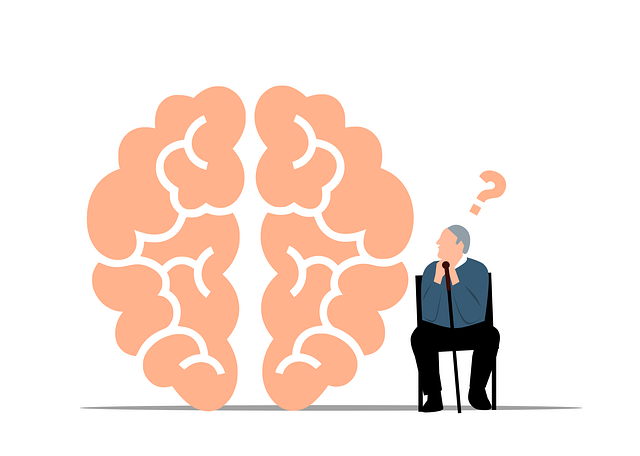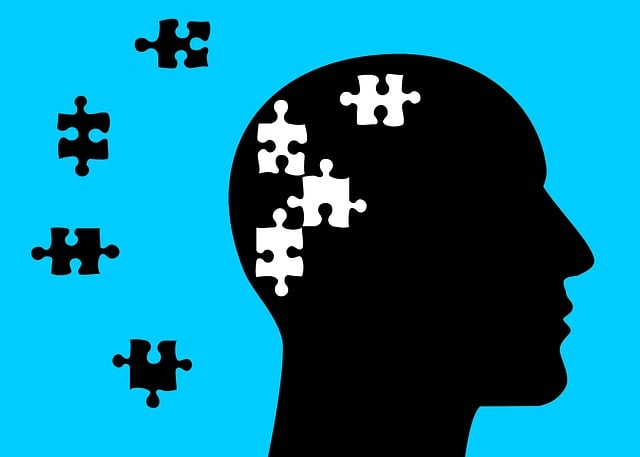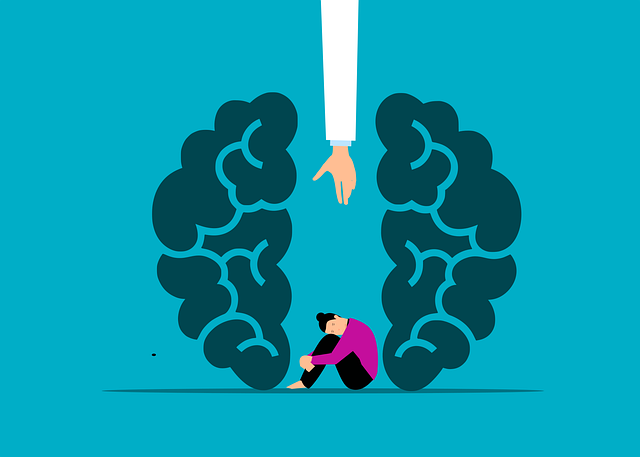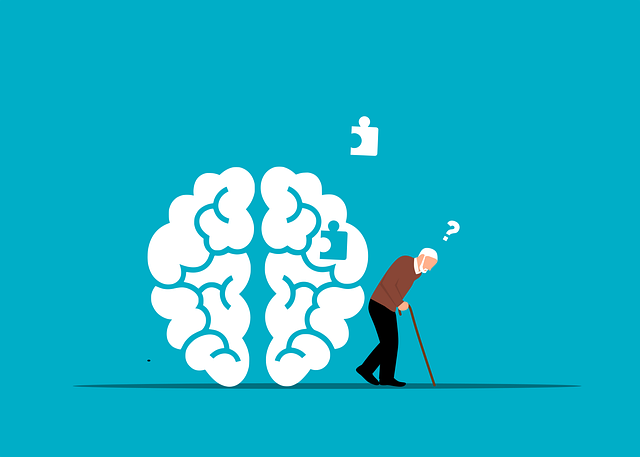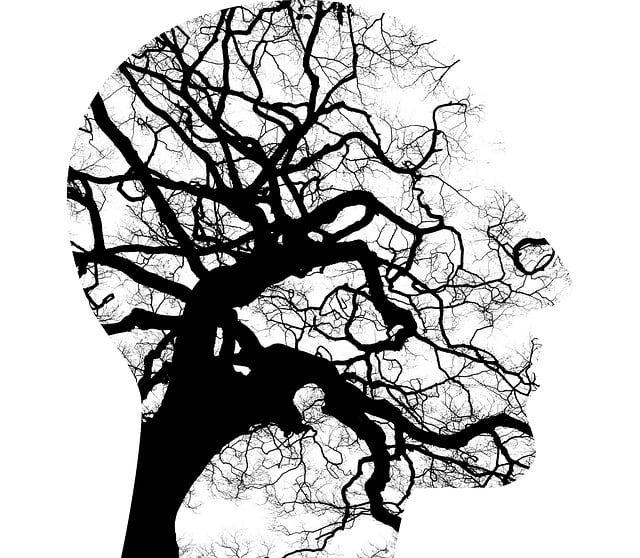Aurora Chronic Illness Therapy (ACIT) addresses the growing need for mental wellness support with innovative tools like Mind Over Matter Principles and Social Skills Training. These evidence-based self-assessment methods go beyond traditional questionnaires, focusing on holistic stress reduction techniques and personalized guidance. By integrating user feedback, ACIT refines its tools to enhance accuracy and accessibility, normalizing mental health conversations and promoting proactive self-care practices for a healthier society.
Mental wellness self-assessment tools play a crucial role in modern healthcare, empowering individuals to take charge of their mental health. This article explores the development of such tools, focusing on incorporating principles from Aurora Chronic Illness Therapy. We delve into three key sections: understanding the need, designing effective assessment tools based on Aurora’s principles, and implementing user feedback for enhanced mental health support. By embracing these strategies, we aim to revolutionize mental wellness self-assessment, fostering a more holistic approach to care.
- Understanding Mental Wellness Self-Assessment: A Need in Modern Healthcare
- Designing Effective Tools: Incorporating Aurora Chronic Illness Therapy Principles
- Implementation and Feedback: Enhancing the User Experience for Better Mental Health Support
Understanding Mental Wellness Self-Assessment: A Need in Modern Healthcare

In today’s fast-paced world, mental wellness is an increasingly vital aspect of overall health, especially with rising chronic illness rates. This shift has prompted a greater need for accessible and effective self-assessment tools to support individuals in understanding their mental well-being. Tools like Aurora Chronic Illness Therapy’s Mind Over Matter Principles offer a unique approach to empowering people. By integrating practices such as Mental Wellness Journaling Exercise Guidance, these assessments can help individuals track and improve their mental state.
Furthermore, with social interactions playing a significant role in mental health, Social Skills Training becomes an integral component of comprehensive self-assessment. These training programs equip individuals with the skills to navigate relationships, fostering better communication and overall well-being. Tailoring such initiatives to modern healthcare needs ensures that people have the resources to proactively manage their mental wellness, contributing to a healthier society.
Designing Effective Tools: Incorporating Aurora Chronic Illness Therapy Principles

When developing self-assessment tools for mental wellness, it’s crucial to incorporate evidence-based practices that resonate with diverse user needs. Aurora Chronic Illness Therapy (ACIT) offers a unique framework that can significantly enhance such tools. ACIT emphasizes holistic treatment, focusing on not just managing symptoms but also empowering individuals to navigate their mental health journeys effectively. By integrating ACIT principles, self-assessment platforms can move beyond traditional questionaries and include interactive modules.
For instance, these tools could incorporate stress reduction methods tailored to individual preferences, such as guided meditation or mindfulness exercises, ensuring users engage in practices they find most beneficial. Furthermore, communication strategies, a cornerstone of ACIT, can be integrated through open-ended questions and reflective prompts that encourage self-exploration and help users articulate their experiences. This personalized approach aligns with the therapeutic goals of ACIT while fostering meaningful engagement in one’s mental wellness assessment.
Implementation and Feedback: Enhancing the User Experience for Better Mental Health Support

Implementing a self-assessment tool for mental wellness is only the first step; enhancing the user experience through continuous feedback loops is crucial for its effectiveness, especially in addressing issues like chronic illness and mental health disparities. Platforms like Aurora Chronic Illness Therapy can play a pivotal role here by collecting user feedback to refine their tools. This iterative process ensures that the self-assessment stays relevant, sensitive, and accessible, catering to diverse needs.
By integrating user input, these platforms can improve not just the accuracy of assessments but also the overall user experience, encouraging individuals to actively engage in their mental health journey. Such efforts contribute to broader public awareness campaigns development and mental illness stigma reduction efforts by normalizing conversations around mental wellness, making self-care practices more accessible to all.
Mental wellness self-assessment tools are essential in modern healthcare, particularly in addressing chronic conditions. By incorporating principles from Aurora Chronic Illness Therapy, these tools can provide personalized and effective support for users’ mental health journeys. Through iterative implementation and user feedback, developers can enhance the user experience, ensuring that these assessments become valuable resources for promoting mental wellness and improving overall well-being.






